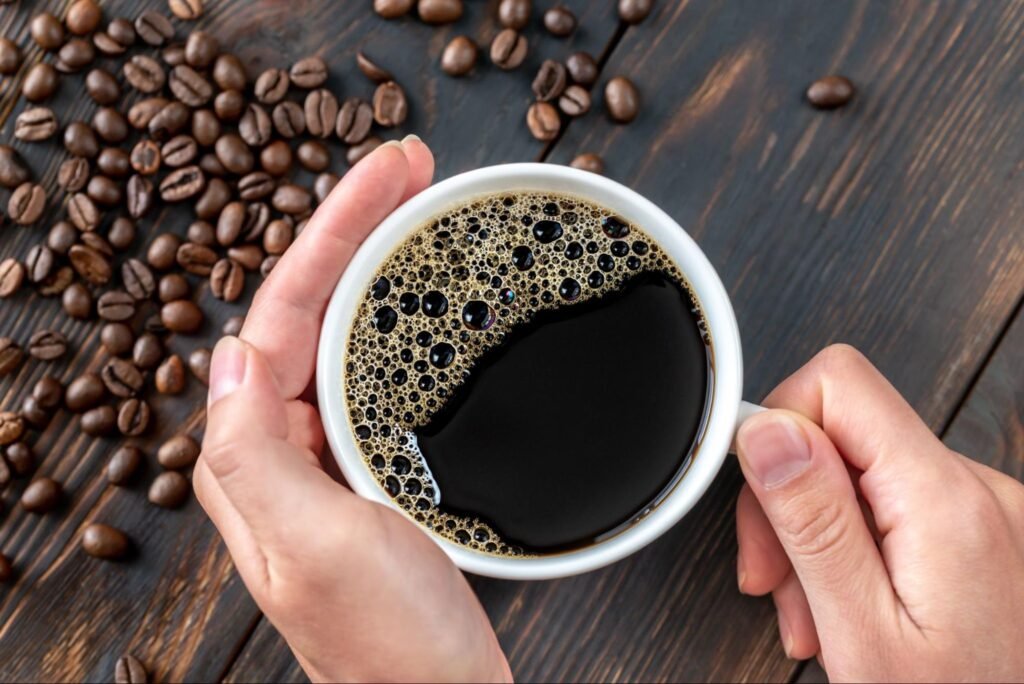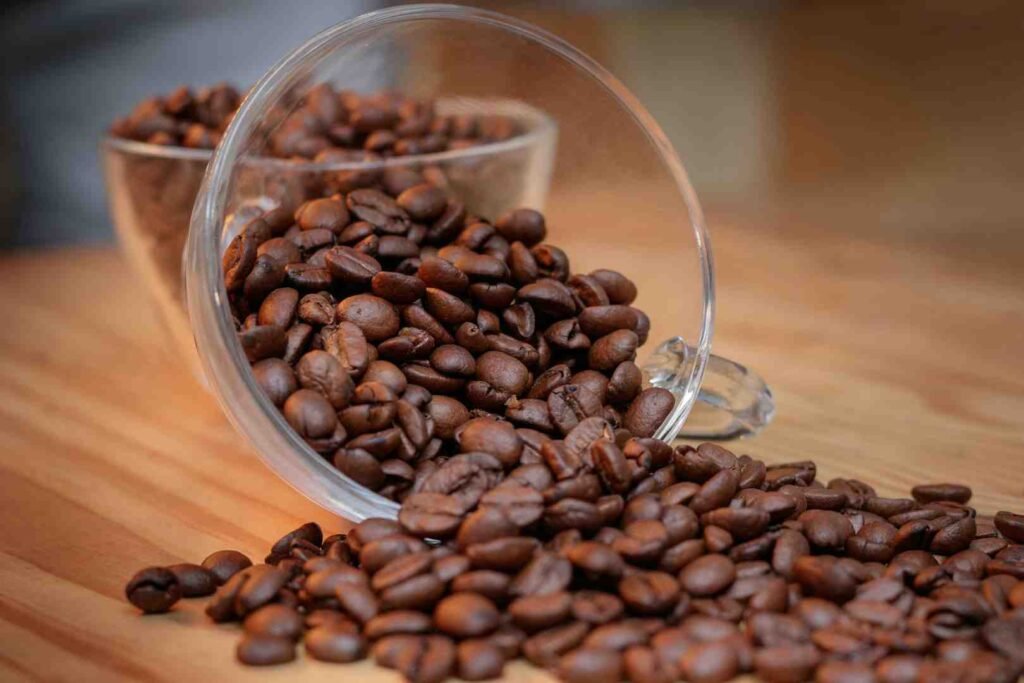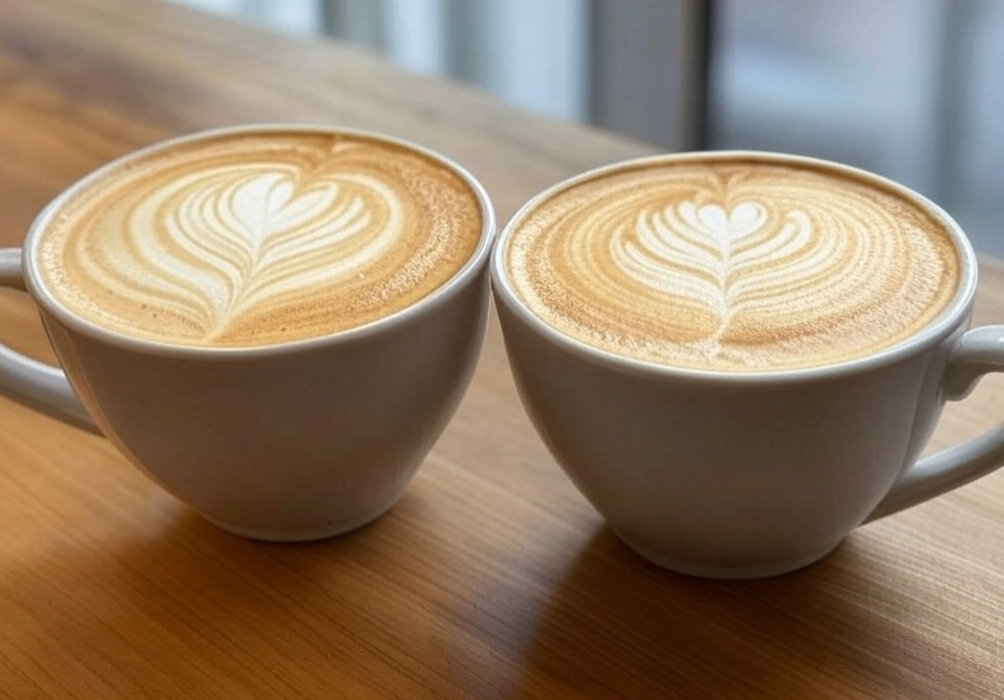
Emerging Approaches Redefining Craft-Focused Customer Experiences
Craft-focused small businesses have always relied on care, precision, and sourcing to stand out. What’s changing now is how those values are shown, not just

Caffeine content coffee is a topic of great interest for many coffee lovers who wish to enjoy their daily cup while being mindful of their caffeine intake. Coffee is the most significant dietary source of caffeine, yet the amount varies greatly among different coffee types and brands. Here’s a quick overview to get you started:
Coffee isn’t just about caffeine—it’s an experience. Many factors impact caffeine levels, including bean type, roasting, serving size, and brewing technique. Understanding these can help you tailor your coffee experience to suit your caffeine preferences.
Imagine sipping on a freshly brewed Columbian Supremo or enjoying the rich flavors of Mexican Oaxaca from Equipoise Coffee, all while balancing your caffeine intake. Knowing what goes into your cup can improve your enjoyment and support ethical and sustainable coffee practices.

Caffeine content coffee varies widely, and knowing what’s in your cup can make a world of difference. Let’s explore the caffeine levels in different types of coffee.
Brewed coffee is the most common type in the US and Europe. A typical 12 oz cup contains about 150.5 mg of caffeine. The method involves pouring hot water over ground coffee, which is usually in a filter. The caffeine content can vary based on factors like bean variety and brewing time.
Espresso offers a concentrated caffeine punch. A standard 2 oz shot contains roughly 63 mg of caffeine. Despite its small serving size, espresso packs more caffeine per ounce than brewed coffee. Espresso forms the base for popular drinks like lattes and cappuccinos, which have the same caffeine as a straight shot.
Instant coffee is convenient and quick. It’s made by freeze-drying or spray-drying brewed coffee. A 6 oz cup usually holds 60-90 mg of caffeine. This type generally has less caffeine than regular brewed coffee, but it’s perfect for a quick caffeine fix.
Decaf coffee is not completely caffeine-free. An 8 oz cup can contain anywhere from 0-7 mg of caffeine. The decaffeination process removes most, but not all, caffeine. It’s a great option for those who want to enjoy coffee with minimal caffeine intake.

With this knowledge, you can choose the coffee type that best suits your caffeine needs. Whether you’re looking for a robust espresso or a gentle decaf, understanding the caffeine content coffee helps you enjoy your cup with confidence.
Drinking coffee is a daily ritual for many, but understanding its impact on health is crucial.
Coffee has long been debated for its effects on heart health. While some studies have linked high caffeine intake to increased heart rate and blood pressure, recent research suggests that moderate coffee consumption might not significantly harm the heart. In fact, drinking 1 to 3 cups daily is generally considered safe for most people. For those who enjoy a cup of coffee without compromising heart health, our Ethiopian Yirgacheffe offers a balanced and aromatic experience.
Caffeine affects individuals differently, largely due to genetic differences. Some people are highly sensitive and may experience jitters or insomnia even with small amounts. Others can handle larger quantities without adverse effects. If you’re sensitive, you might prefer a milder option like our Mexican Oaxaca. Being aware of your sensitivity helps tailor your caffeine intake to avoid unwanted side effects.
The FDA suggests that most adults can safely consume up to 400 mg of caffeine daily. This is roughly equivalent to four 8-ounce cups of brewed coffee. However, exceeding this amount can lead to health issues such as anxiety, insomnia, and increased heart rate. It’s essential to balance your caffeine consumption with your body’s tolerance levels. If you’re unsure, starting with a moderate intake and observing your body’s response is a wise approach.
Understanding these health implications can help you enjoy coffee responsibly and make informed choices about your caffeine consumption.
A 12-ounce cup of black coffee typically contains between 140 and 190 mg of caffeine. This range depends on factors like the type of coffee beans and the brewing method. For instance, our Columbian Supremo is known for its rich flavor and balanced caffeine content, making it a popular choice for those who enjoy a moderate caffeine boost.
Consuming 200 mg of caffeine is considered a moderate dose. It’s roughly equivalent to two standard cups of coffee. For most people, this amount is safe and can increase alertness without causing significant side effects. However, individuals sensitive to caffeine might experience jitters or insomnia. Always listen to your body and adjust your intake according to your personal tolerance.
Coffee brands and types can vary significantly in their caffeine content. Generally, espresso has the highest caffeine concentration per ounce, but because it’s served in small amounts, the total caffeine per serving is less than regular coffee. For those seeking a strong caffeine kick, brewed coffee from high-caffeine beans, such as robusta, is a better option. Our Cavaliers Blend offers a robust flavor with a satisfying caffeine punch, perfect for those needing an extra boost.
Understanding the caffeine content in coffee helps you choose the right type and amount for your needs, ensuring you enjoy your coffee experience to the fullest.
Equipoise Coffee distinguishes itself in the world of coffee through its commitment to ethical sourcing and small-batch roasting. These thoughtful practices guarantee that each cup offers not only exceptional flavor but also a contribution to sustainable and fair trade principles.

Craft-focused small businesses have always relied on care, precision, and sourcing to stand out. What’s changing now is how those values are shown, not just

How can brands create a more balanced and memorable customer experience by blending artisanal product quality with thoughtful everyday rituals that keep people coming back?

Independent coffee shops have always been about more than caffeine—they’re hubs of creativity, connection, and care. As café culture continues to evolve, new trends are

Introduction Independent cafes win when they feel like the neighborhood’s living room and operate with the discipline of a great kitchen. Below is a quick

Discover how top specialty coffee brands create lasting loyalty through storytelling, sourcing, and community connection. Real tips from 6 industry experts.

Discover the ultimate showdown between two beloved coffee brewing methods: the French press and Chemex. Explore how each technique caters to distinct palates, with the French press delivering bold flavors and the Chemex presenting a bright, clean taste.

Unlock the secrets to brewing the perfect cup of coffee with our comprehensive guide on using a coffee scale. Discover how precise measurements enhance flavor and consistency while eliminating bitterness.

Discover how water temperature plays a vital role in brewing the perfect cup of coffee. This article delves into the ideal temperature range of 195°F to 205°F for optimal flavor extraction, enhancing the enjoyment of high-quality beans.

Discover the world of curated specialty coffee bundles, perfect for enthusiasts seeking quality and craftsmanship. This article explores the benefits of ethically sourced, small-batch beans from brands like Equipoise Coffee, offering diverse flavor profiles that elevate your brewing experience.